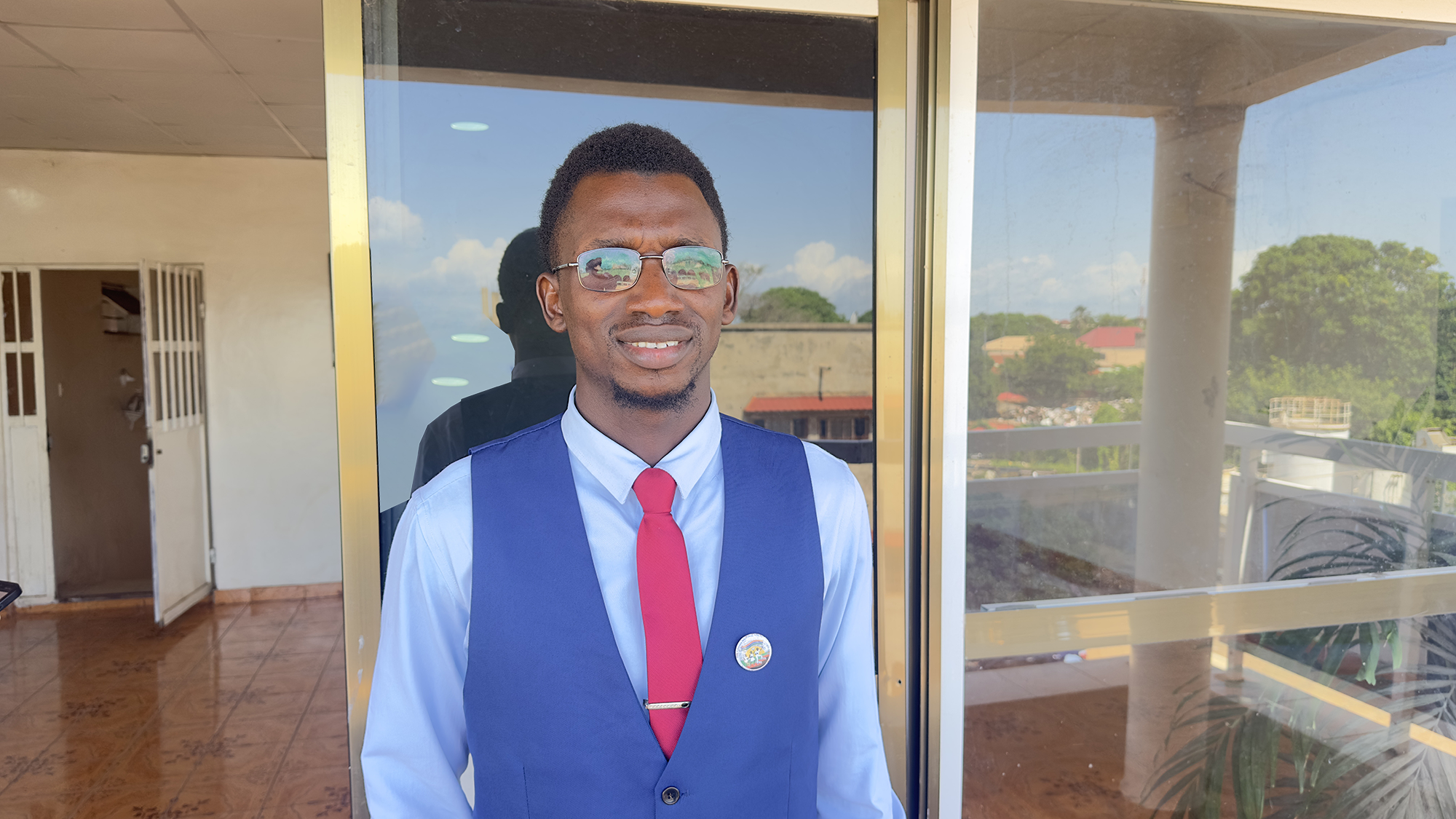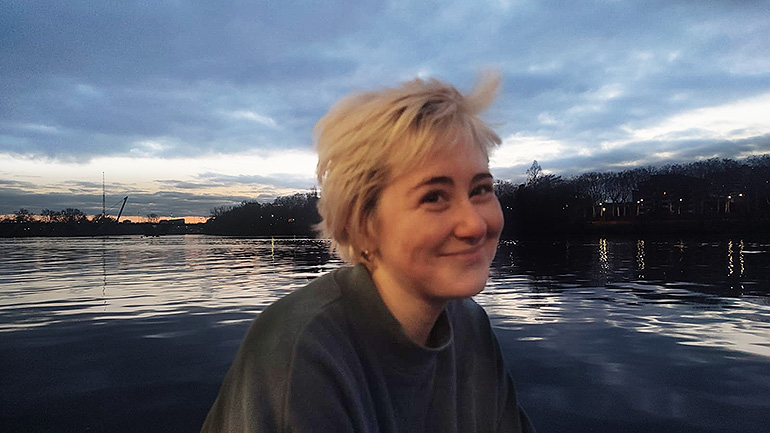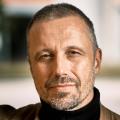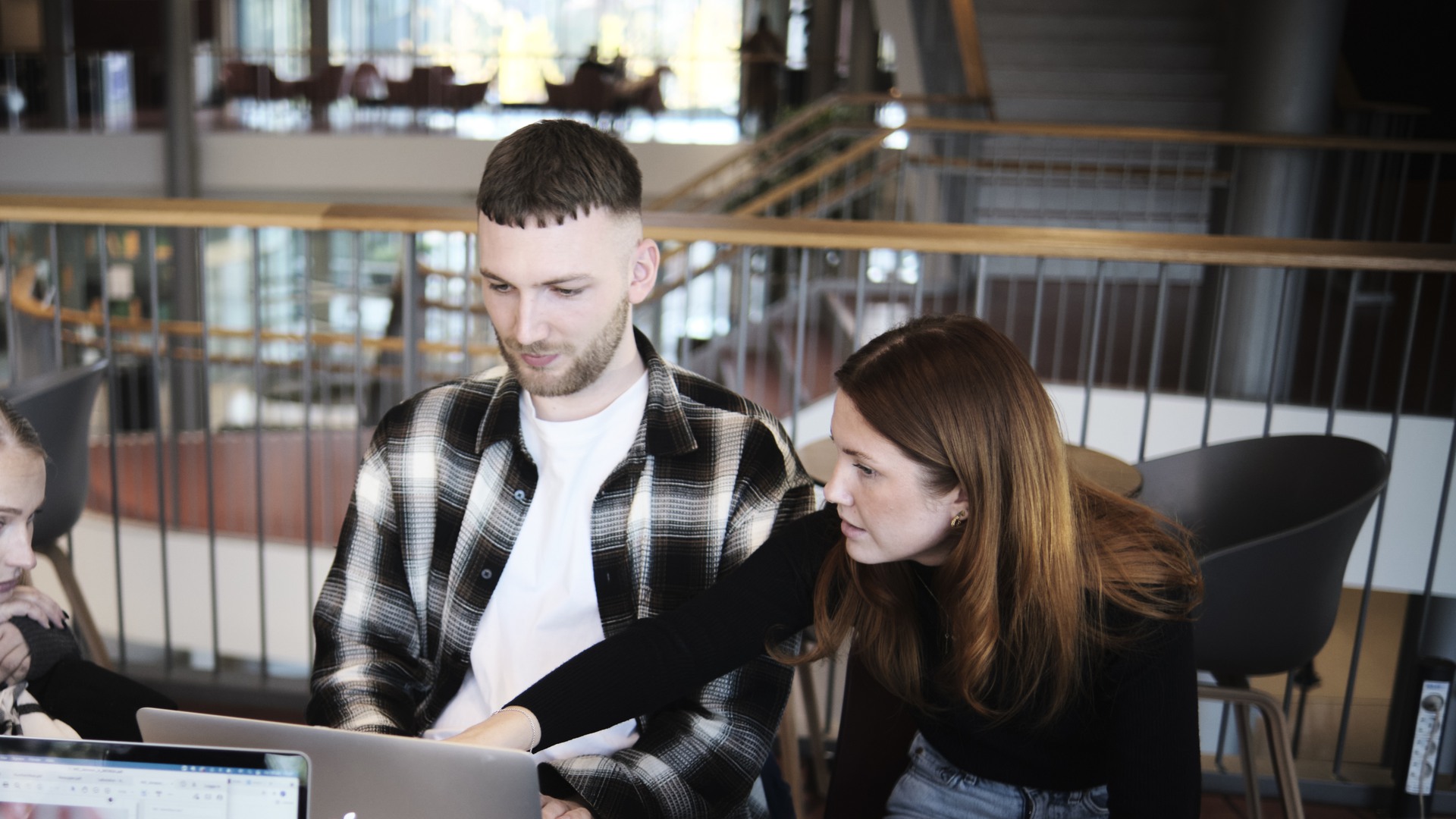Autumn 2025 - Semester 1
Spring 2026 - Semester 2
- Theory of Science and Research Methodology (IM626L), 15 credits
- Migration and Citizenship (IM633L), 15 credits
Autumn 2026 - Semester 3
Elective semester: courses at the Department of Global Political Studies, Malmö University, other Swedish universities or abroad (i.e. exchange studies), or internship.
Spring 2027 - Semester 4
- IMER: Master's Thesis (two-year programme) (IM639L), 30 credits









